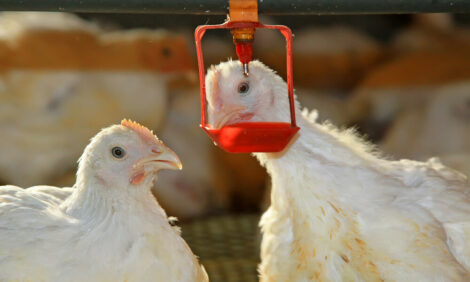



Bulgaria Rushes EU Agricultural Reforms
BULGARIA - In a last minute rush to meet commitments to the European Union in the run-up to its deadline for membership, Bulgaria is passing new agriculture laws at high speed.With nine months to go before Sofia hopes to join the Brussels club, many areas of economic and social life still fall short of EU benchmarks.
Now parliament and the government are hurrying to fill the legislative gaps, in order to ensure Bulgaria’s membership is not put on ice.
The Minister for EU Affairs Meglena Kuneva recently said that Brussels might postpone membership for a year, but only if Bulgaria appeared “demonstratively unprepared” for the club.
The possibility has horrified the government, led by the Socialist Sergei Stanishev, and has spurred on the drive to fulfill all outstanding commitments.
Agriculture is the main area crying out for attention, with European Commission monitoring reports regularly mentioning it as problematic.
Their remarks varied from discontent over delays in setting up an agency to distribute EU farm subsidies to worries about the pace in closing food processing companies that do not meet EU standards.
Following EU standards, the new legislation bans vaccination of cattle hit by epidemics, and from the beginning of 2006 obliges farmers to slaughter infected livestock in the expectation of compensation.
But while Bulgaria has met EU requests to secure 17 million leva, around €8.7 million, to cover compensation in such cases, local institutions have been unable to disburse the money, given the lack of regulations on how to do so.
The criteria concerning the payment of compensation from the fund were never established, says Galya Buchvarova, chair of the country’s Pig Breeders’ Association.
Buchvarova notes that the law contained no instructions about how to proceed in cases when payment of compensation was sought.
With the threat of bird flu also hanging over the farming community, panic in the industry grows daily. In February the EU Reference Laboratory for Avian Influenza confirmed the deadly H5N1 strain of bird flu in wild swans in the Bulgarian wetland region of Vidin, close to the Romanian border.
Another problem with the veterinary act is that while it details the closure of sub-standard food-processing companies, it contains no legal teeth to penalize violators.
Source: Environment News Service









